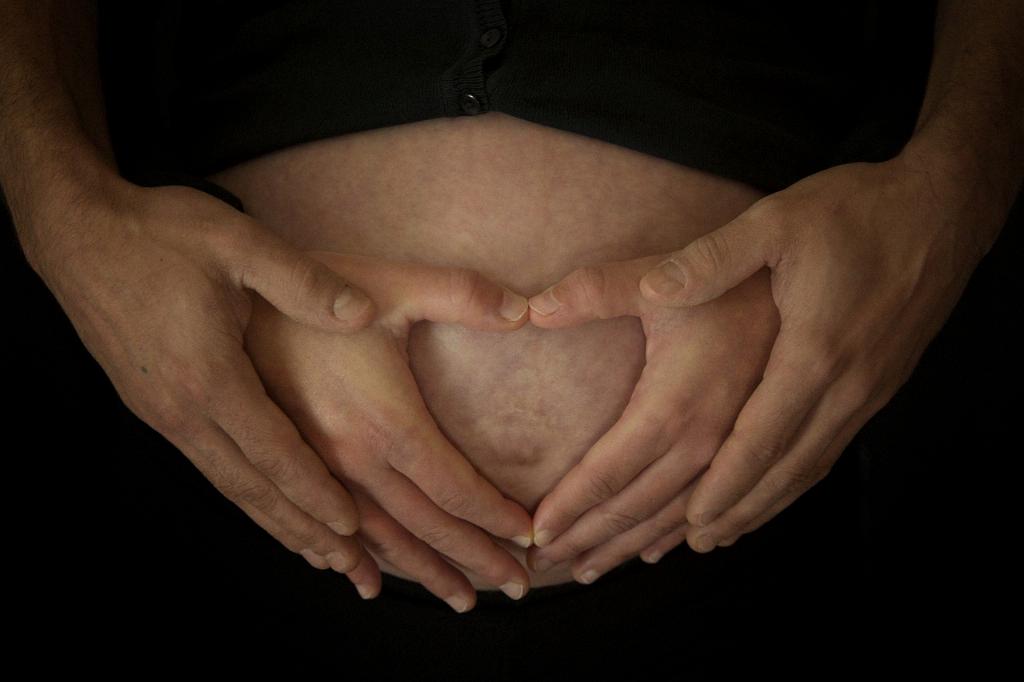When it comes to urinary tract infections (UTIs) in pregnant women, there are various concerns and implications that arise, one of which is the potential impact on the developing fetus. While UTIs themselves may not directly cause birth defects, they can have other effects on pregnancy outcomes.
Research has shown that maternal UTIs can be linked to certain complications such as intrauterine growth restriction (IUGR), preterm delivery, and low birth weight. These issues can have significant implications for the health and well-being of the newborn and may require special medical attention and care.
One important consideration is the presence of asymptomatic bacteriuria in pregnant women, which refers to the presence of bacteria in the urine without any symptoms of infection. Studies have shown that pregnant women with asymptomatic bacteriuria are at a higher risk of delivering a preterm neonate, further highlighting the potential consequences of UTIs during pregnancy.
While the direct causal relationship between UTIs and birth defects may not be firmly established, the indirect impact of UTIs on pregnancy outcomes cannot be ignored. It is crucial for pregnant women to seek timely medical treatment for UTIs to prevent potential complications that could affect the health of both the mother and the developing fetus.
Furthermore, untreated UTIs can lead to complications such as pyelonephritis, a more serious kidney infection that can have detrimental effects on both maternal and fetal health. The presence of pyelonephritis during pregnancy can increase the risk of preterm birth and other adverse outcomes.
Pregnant women should be vigilant about maintaining good urinary tract health to reduce the risk of UTIs and their associated complications. This includes staying hydrated, practicing good hygiene, and seeking prompt medical attention if any symptoms of a UTI arise.
It is essential for healthcare providers to screen pregnant women for UTIs and asymptomatic bacteriuria during prenatal care visits to detect and treat these infections early. Early detection and treatment can help prevent the progression of UTIs and minimize the potential risks to both the mother and the developing fetus.
While the focus on UTIs during pregnancy often centers around the immediate symptoms and discomfort they cause, it is crucial to consider the broader implications they can have on pregnancy outcomes. By addressing UTIs promptly and effectively, healthcare providers can help ensure the best possible outcomes for both the mother and the baby.
Overall, while UTIs may not directly cause birth defects, they can contribute to other complications that can impact the health and well-being of both the mother and the developing fetus. Pregnant women should prioritize their urinary tract health and seek appropriate medical care to address and prevent UTIs during pregnancy.
In conclusion, while the link between UTIs and birth defects may not be definitive, the importance of recognizing and addressing UTIs during pregnancy cannot be overstated. By taking proactive measures to prevent and treat UTIs, pregnant women can help mitigate potential risks and ensure a healthy pregnancy and delivery.

